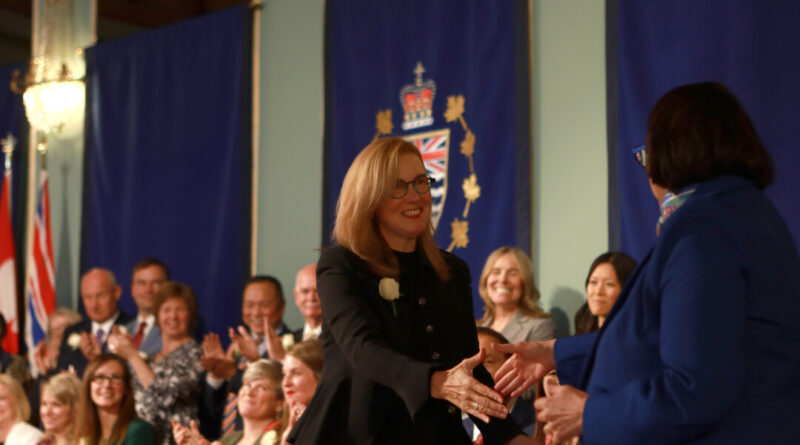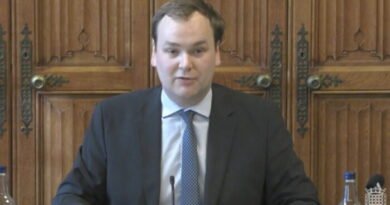The latest fiscal update reveals BC’s projected deficit has increased to $9.4 billion
British Columbia is facing a record deficit for the fiscal year, which has now increased by $429 million to reach $9.4 billion.
The province’s debt level is projected to reach $130 billion by the end of the fiscal year, $1.4 billion higher than previous estimates in September.
The new Finance Minister Brenda Bailey has announced a modest economic growth of 0.9 percent for 2024, with a further increase to 1.9 percent expected for the following year.
However, Bailey has expressed concerns about potential uncertainties, including tariff threats from U.S. president-elect Donald Trump.
The government plans to reduce the deficit gradually over time by focusing on growing the economy rather than cutting services, with $13.2 billion allocated for infrastructure spending this fiscal year.
In September, before the provincial election, the previous Finance Minister Katrine Conroy projected a deficit of $8.9 billion for the year, driven mainly by lower corporate income taxes, reduced natural resource revenue, and firefighting costs.
The NDP’s costed platform in October projected a budget deficit of $9.6 billion for the next year, increasing from the initial $6.7 billion forecast due to expected revenue decreases and various proposed initiatives.
These initiatives include a $1,000 grocery rebate per household, free off-peak transit for seniors, and a provincial income tax cut of around $1,000 per household starting in 2026.
The NDP’s platform outlined approximately $2.9 billion in new investments until 2027, with Premier David Eby emphasizing that the campaign promises aim to benefit the maximum number of people with affordability relief.
Conroy, in her final update as finance minister, stated in September that B.C.’s economic growth is predicted to strengthen over the next three years, leaving the timing for a return to a balanced budget to her successor.
Recently, the B.C. Public Service announced a temporary pause on all external hiring, except for critical positions and programs like the Indigenous Youth Internship Program, citing a constrained fiscal situation that requires optimal resource utilization.
Earlier this year, S&P Global Ratings downgraded B.C.’s credit score to AA-minus due to significant government spending and deficit risks, marking the third downgrade since losing its AAA status in 2021.
The agency warned of possible further downgrades in the coming years if B.C. continues on its current fiscal trajectory, leading to rising debt and low internal liquidity.
Moody’s, on the other hand, maintained B.C.’s AAA credit rating but changed its outlook to negative.





